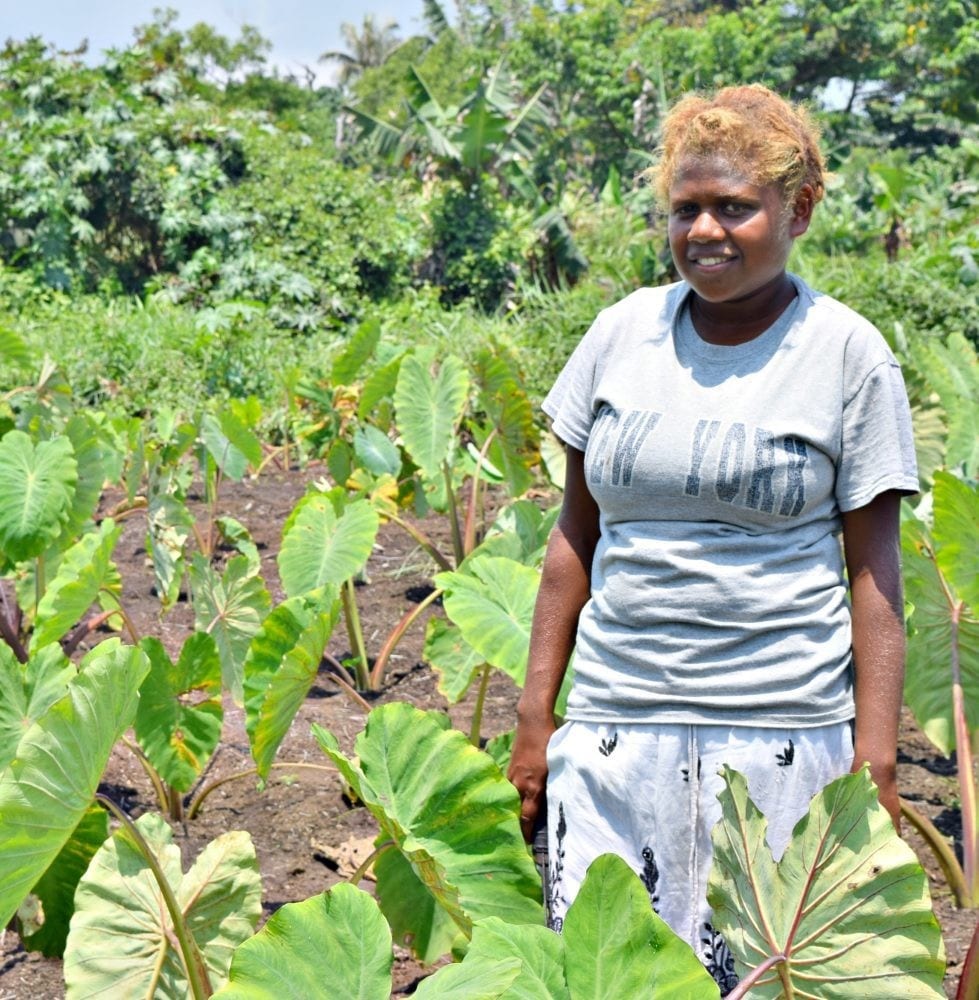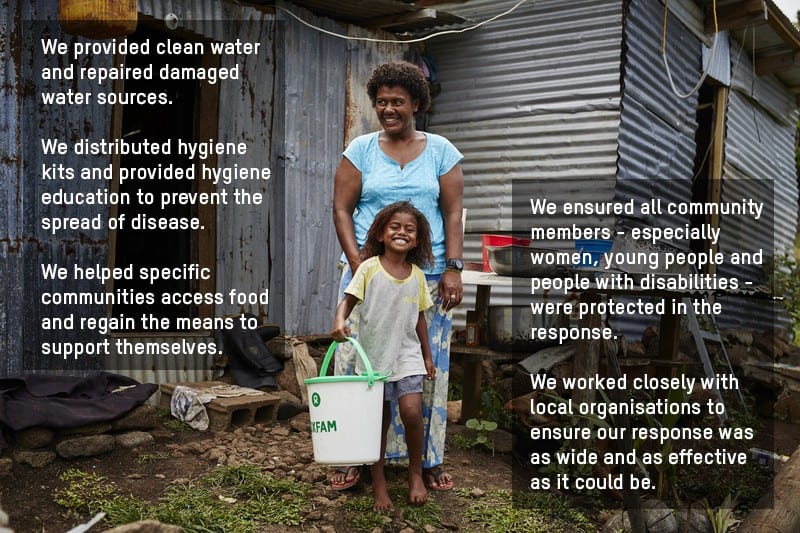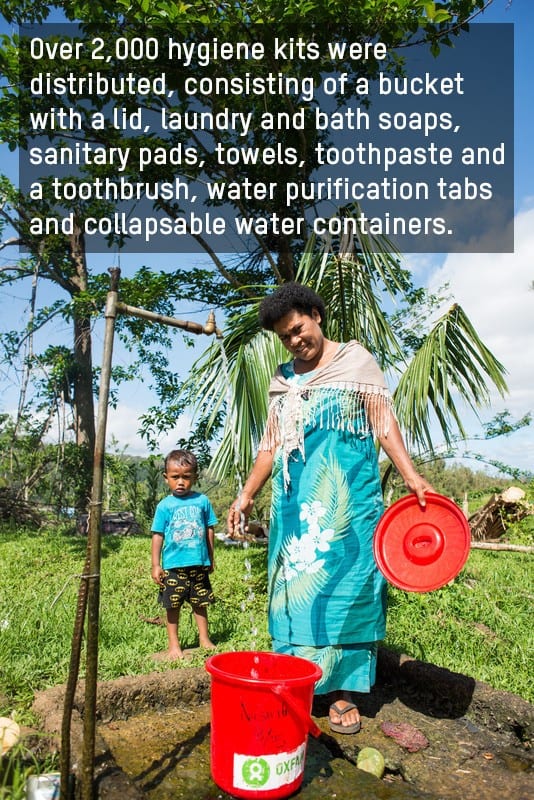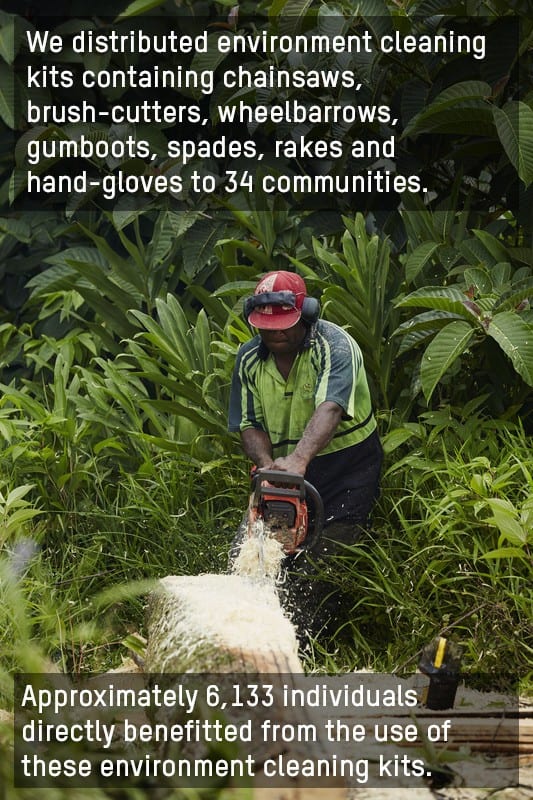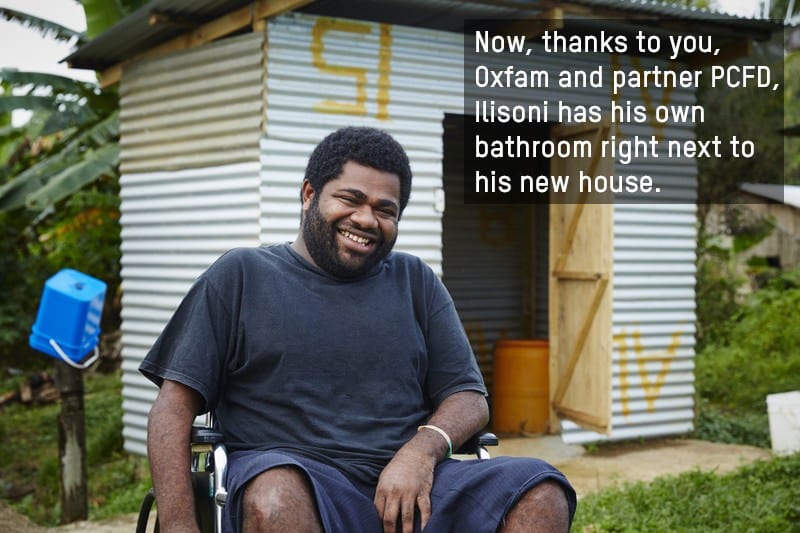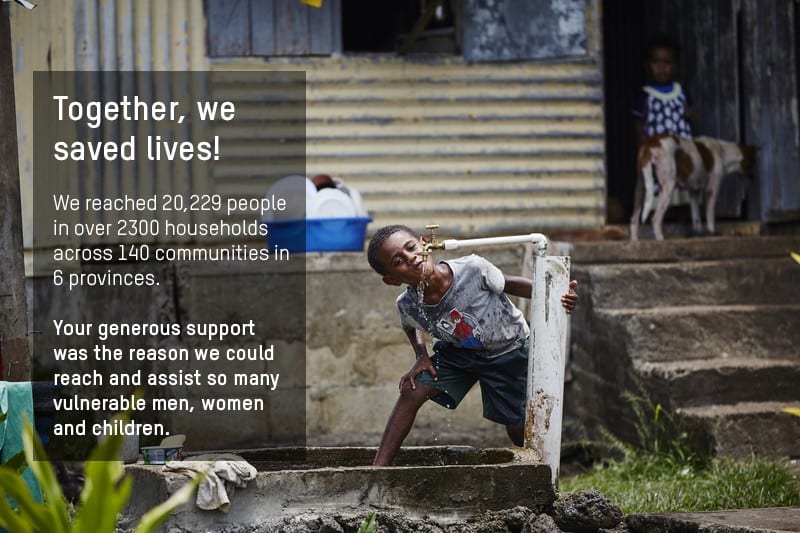UPDATE: 12:00pm 09/05/2017
An update has been sent out from Oxfam’s regional office in Vanuatu.
The worst affected people are those in the Torba province. Oxfam in Vanuatu have decided to partner with the Vanuatu Red Cross and distribute Oxfams’ hygiene kits and seeds to get crops going again.
A response focusing on the Shefa province could go ahead. If required, Oxfam could be able to provide or assist with the following:
- Provision of clean water, hygiene kits, hygiene educatoin workshops and assistance with the rebuilding of water sources
- Cash vouchers to ensure people have a means of getting food
- Livelihood recovery support
- Ensuring all community members are safe and have access to service, especially women, youth, people with disabilities and LGBTI+
- Promoting equal decision making between women and men
- Supporting our five local partners
UPDATE: 8:30am 09/05/2017
TC Donna has weakened to a Category 4 storm overnight.
It continued on its south-easterly path. The country’s capital, Port Vila, felt some affects although wasn’t majorly impacted.
According to Radio New Zealand, TC Donna is packing winds of around 265 kilometres per hour, and hospitals in Vanuatu are preparing to receive anyone who may have been injured during the cyclone.
Vanuatu Forestry Department office at risk of flooding due to landslide. Repairs & work underway to fix damages & divert water flow #TCDonna pic.twitter.com/P8z2rVGZV1
— Oxfam in Vanuatu (@OxfamInVanuatu) May 8, 2017
UPDATE: 2:00pm 08/05/2017
TC Donna has been upgraded to a Category 5 storm.
A cyclone warning is current in Sanma, Penama, Malampa and Shefa provinces.
Red alerts are current for Sanma and Malampa provinces, a yellow alert is current for Shefa province, and a blue alert is current for Tafea province.
Gale force winds prove just how strong #TCDonna is as it intensifies to a Cat 5 storm and passes near Efate. Now at E,7 on #Vanuatu TC map. pic.twitter.com/dBUboTWY0d
— Oxfam in Vanuatu (@OxfamInVanuatu) May 8, 2017
UPDATE: 1:00pm 08/05/2017
Late season Tropical Cyclone Donna is now a Category 4 storm. Heavy rain and strong winds are battering parts of the island nation.
TC Donna crossed Torres Island (population 800) in the Torba province as a Category 3 storm on Friday, gusting 203km/h winds.
Destructive winds are affecting Sanma, Penama and Malampa provinces, and Shefa province has been issued a yellow alert as heavy rainfall and damaging winds reach the area.
Some low-lying communities, including in the capital Port Vila, have been victim to severe flash-flooding.
Though #TCDonna hasn’t reached Efate, heavy rain has caused severe flooding in low lying communities in the country’s capital of Port Vila. pic.twitter.com/A8CV1QDrxT
— Oxfam in Vanuatu (@OxfamInVanuatu) May 7, 2017
A preliminary impact report from Oxfam in Vanuatu says that the northernmost Torba province is the most affected. Four islands in the province, Loh, Hui, Tegua and Toga, have been rapidly assessed and the initial findings are:
- A significant number of houses are destroyed, and a majority are badly damaged
- Almost everyone on Loh are in evacuation centres, which includes schools, a cave and a police station
- On other islands, people were evacuated to strong houses
- There is enough water for everyone, but it is likely contaminated
- Of the communities contacted, all gardens were severly damaged
- The food supply could be enough for two-three weeks
- All toilet facilities have been destroyed
- The health facility in Loh is functional
- No injury or health issues reported
Currently, TC Donna is moving south over the ocean between Vanuatu and New Caledonia, and is expected to hit the south-east caost of New Caledonia tomorrow night at 6pm. However – the path of the system may change at any time.
Latest updates from Fiji’s Meteorological Service.
Thumbnail image: The current wind forecast map (GFS) showing Donna. Fiji east, New Caledonia south, Vanuatu south east of Donna. / Earth.nullschool.net





